The de-risking strategy announced by European Commission President Ursula von der Leyen is actually aimed at separating the European and Chinese economies, and tends towards a blocification of the two, Balazs Hidveghi told Eurasia Magazine. According to the Fidesz MEP, it is in the fundamental interest of the European Union, also in terms of the green transition, to engage in economic cooperation with China based on mutual respect.
"EU Leadership Incapable of Balancing Interest- and Value-Based Politics"
"In stark contrast to our strategy, today we see that Europe has shifted towards totally ideologized and moralizing politics," Fidesz MEP Balazs Hidveghi said in an interview with Eurazsia Magazine.
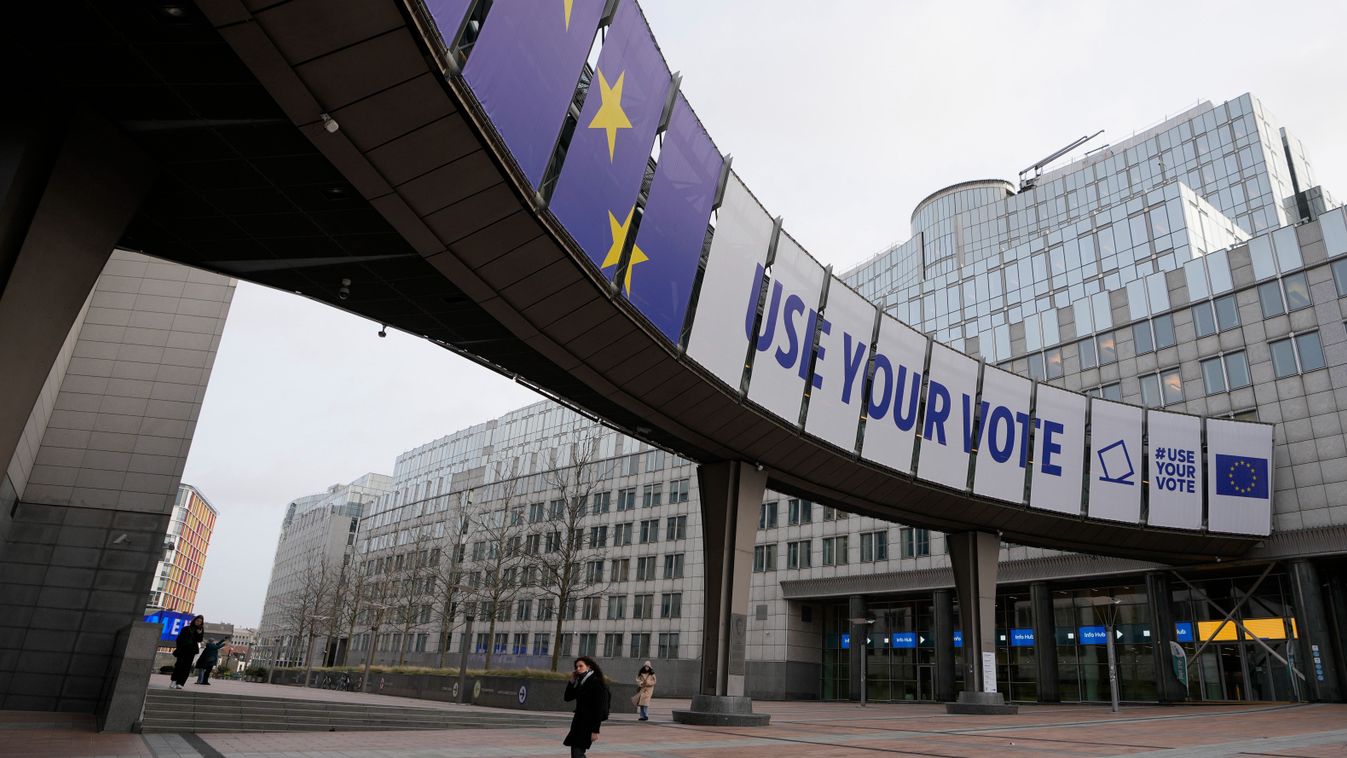
"Today we see that the EU leadership is not capable of identifying and pursuing independent European interests," the MEP said. There is an overriding dilemma in the background: Europe is not united on how to act on the global political stage: as an independent power or as a subordinate of the US.
This is also the reason behind the uncertainty of EU policy towards China, as Europe cannot decide whether to view China as a partner or as an adversary, or even an enemy.
The Fidesz MEP stressed that the Hungarian position is based on a different system of coordinates, "our starting point begins from our own national interests and our geographic and economic features". He added,
"In contrast to our strategy, today we see that Europe has shifted towards totally ideologized and moralizing politics. The leadership of the European Union is unable to strike a balance between interest-based and value-based politics, which in turn reinforces European subordination.
In his opinion, this sort of EU attitude is bad for Europe and leads to the continent's continuous backsliding in competitiveness. Just as Hungary has Hungary's interests at heart, the European Union should be able to define what Europe's interests are as an independent power and then act accordingly on the global economic and political stage.

Source: Fidesz Group in the European Parliament
The politician recalled that from the very beginning, a significant difference has existed between the strategy positions adopted by Hungary and the EU regarding the Russian-Ukrainian war. "The Hungarian position is, one could say, based on realism. In taking into account the balance of power, Hungary has come to the baseline assumption that Ukraine cannot win this war on the battle field. The conclusion drawn is that the focus should be concentrated on a ceasefire and for peace talks to be held as soon as possible," the politician told Eurasia Magazine, adding that "any other focus will only lead to a protracted conflict and further loss of human lives."
The EU position, however, has taken a moralistic approach from the outset, pursuing the "as long as it takes" line, which poses the problem of not being an truly well thought out strategy.
The EU has never defined exactly what it wants to achieve in the theater of war and in what timeframe, only making clear that this is the only morally acceptable approach, the MEP noted.
Part of this is to rule out the possibility of meeting and negotiating with Putin, for example. By framing the issue of war as a moral question, the EU is falling into a trap of its own doing. By cutting off the potentiality for negotiations and maintaining communications, it is not facilitating a timely end to this war.
At the same time, Hungary's prime minister is focusing on the country's national interest and is proceeding from a starting point of reality and facts, which leads to the attitude that relations must be maintained and negotiations must be held, Balazs Hidveghi stressed.
Cover photo: A banner outside the EP building in Brussels, urging participation in the European Parliament elections, taken on January 24, 2024. The elections will be held in the EU Member States from June 6-9, 2024 (Photo: MTI/AP/Virginia Mayo)
Komment
Összesen 0 komment
A kommentek nem szerkesztett tartalmak, tartalmuk a szerzőjük álláspontját tükrözi. Mielőtt hozzászólna, kérjük, olvassa el a kommentszabályzatot.
A téma legfrissebb hírei
Tovább az összes cikkhez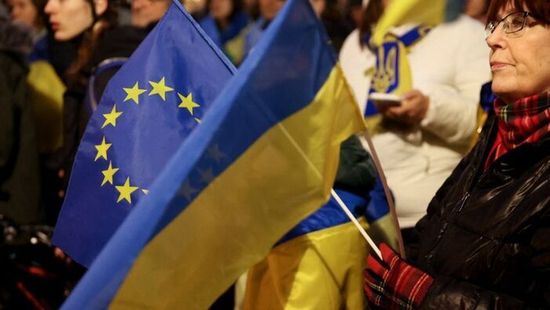
Europeans Say No to Ukraine’s Fast-Tracked EU Membership
Brussels would admit Ukraine to the European Union as early as 2027, before it has fully met the accession criteria.
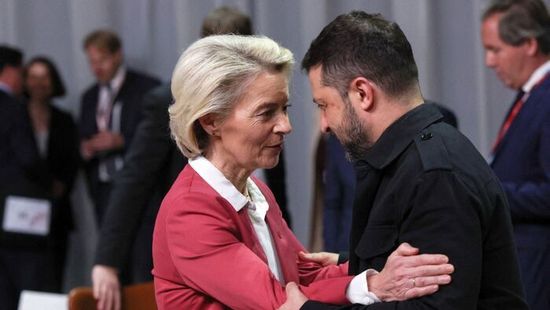
Brussels’ Double Standards: Ukraine’s Fast-Tracked EU Accession Poses Major Threat to Europe
Ukraine’s membership could bring economic disaster.
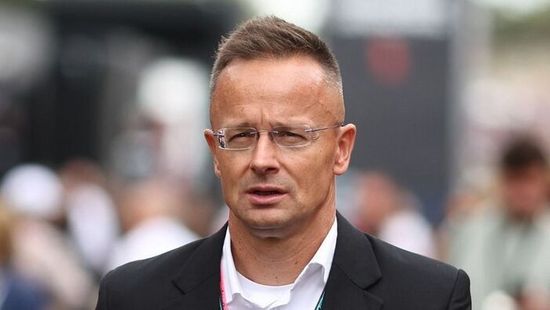
Tisza Would Drag Hungary Into War
Peter Magyar's party would also immediately green-light Ukraine's EU accession.

PM Orban: We Will Not Fund Ukraine, Our Money Is Better Spent on Hungarian Families
"We will not allow Russian oil and gas imports to be banned, because without them there will be no utility cost reductions."
Ne maradjon le a Magyar Nemzet legjobb írásairól, olvassa őket minden nap!
- Iratkozzon fel hírlevelünkre
- Csatlakozzon hozzánk Facebookon és Twitteren
- Kövesse csatornáinkat Instagrammon, Videán, YouTube-on és RSS-en

Címoldalról ajánljuk
Tovább az összes cikkhez
Europeans Say No to Ukraine’s Fast-Tracked EU Membership
Brussels would admit Ukraine to the European Union as early as 2027, before it has fully met the accession criteria.

Brussels’ Double Standards: Ukraine’s Fast-Tracked EU Accession Poses Major Threat to Europe
Ukraine’s membership could bring economic disaster.

Tisza Would Drag Hungary Into War
Peter Magyar's party would also immediately green-light Ukraine's EU accession.

PM Orban: We Will Not Fund Ukraine, Our Money Is Better Spent on Hungarian Families
"We will not allow Russian oil and gas imports to be banned, because without them there will be no utility cost reductions."
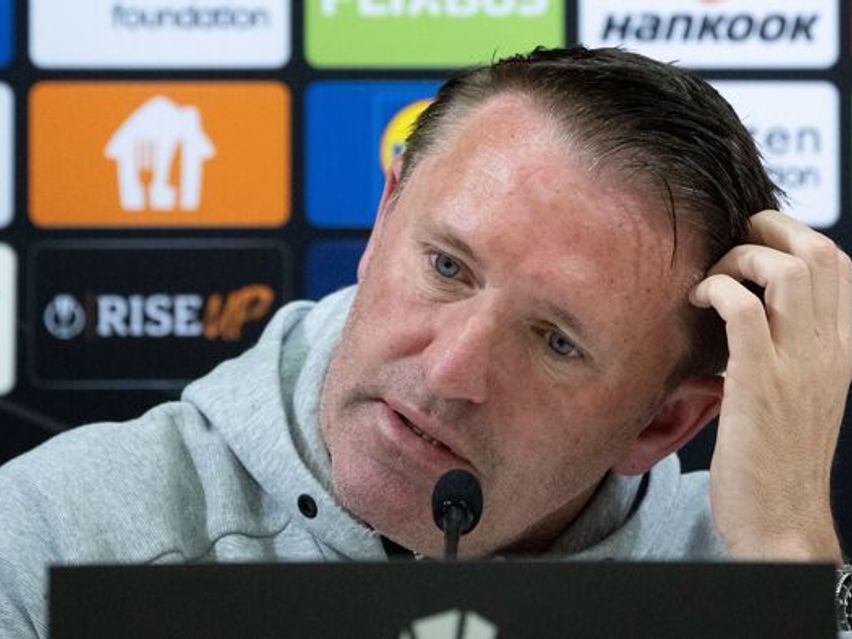

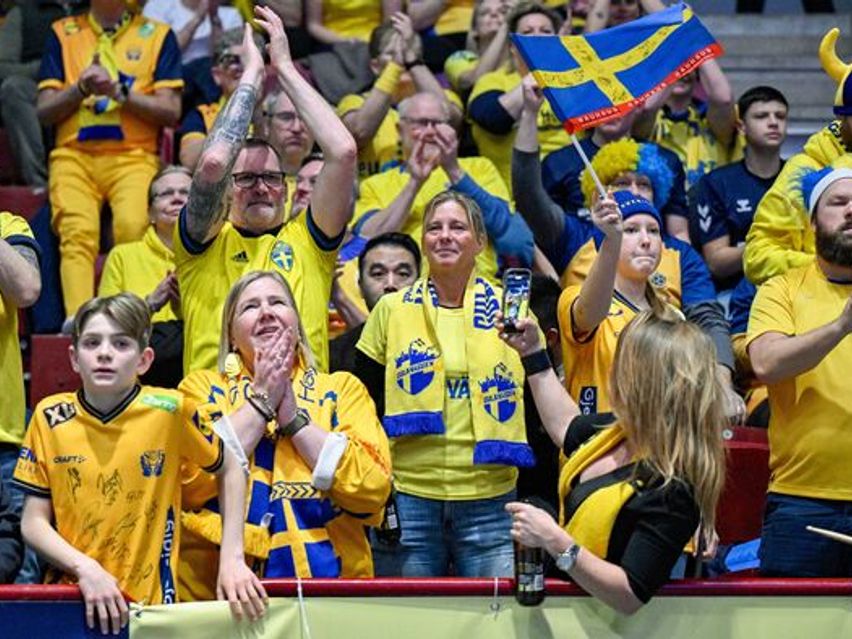




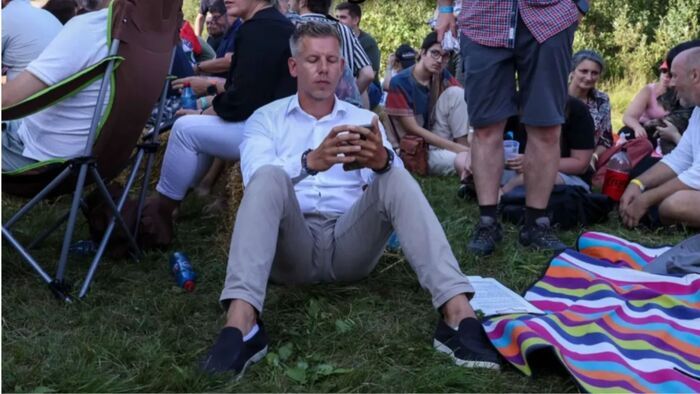
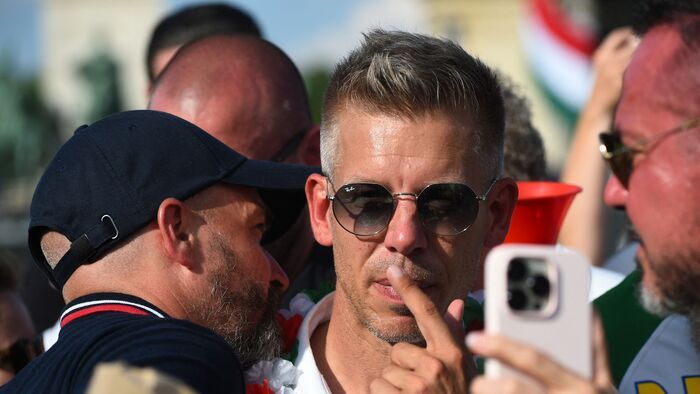
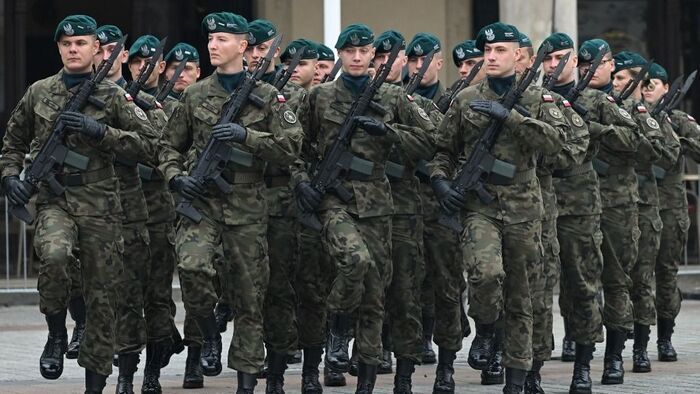
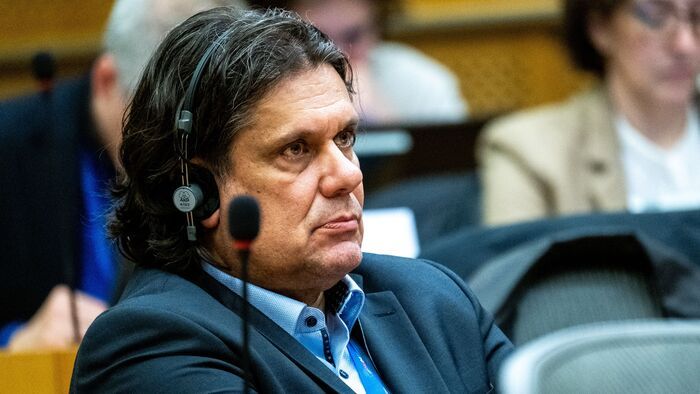
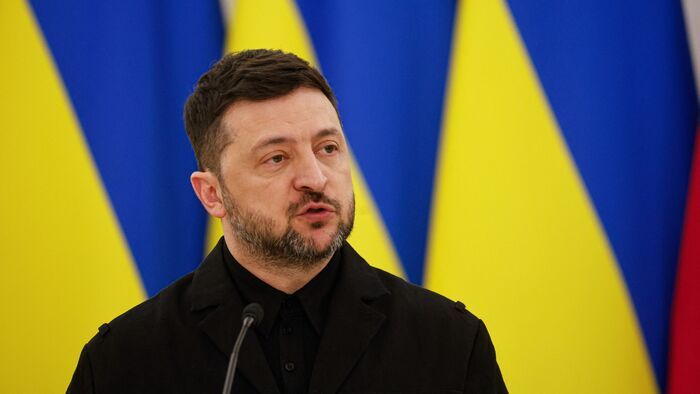


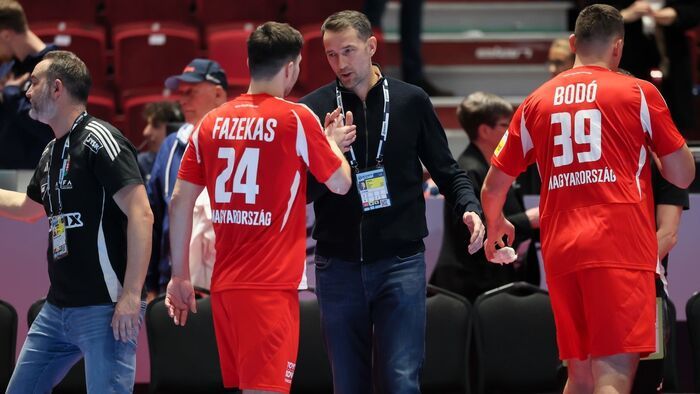
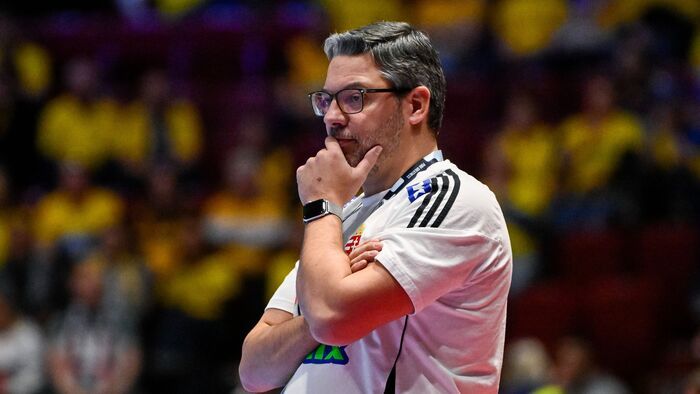

Szóljon hozzá!
Jelenleg csak a hozzászólások egy kis részét látja. Hozzászóláshoz és a további kommentek megtekintéséhez lépjen be, vagy regisztráljon!